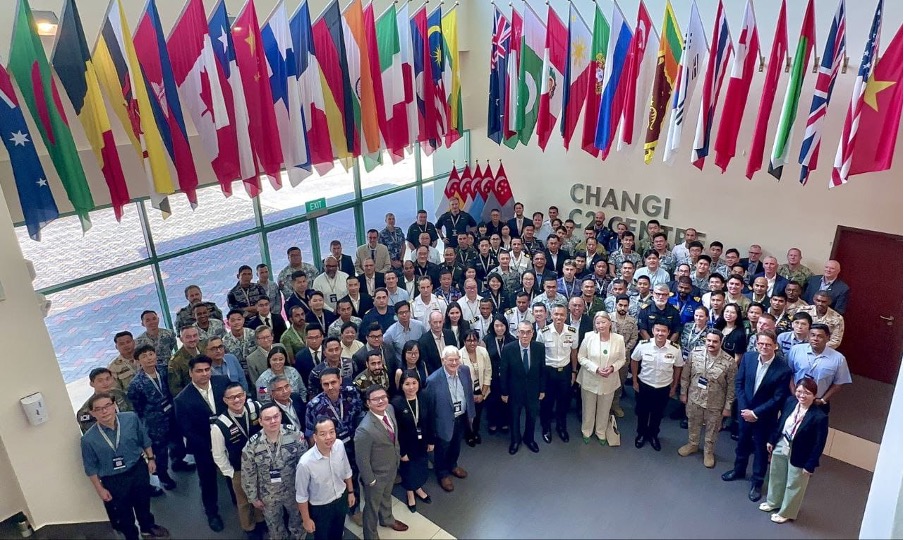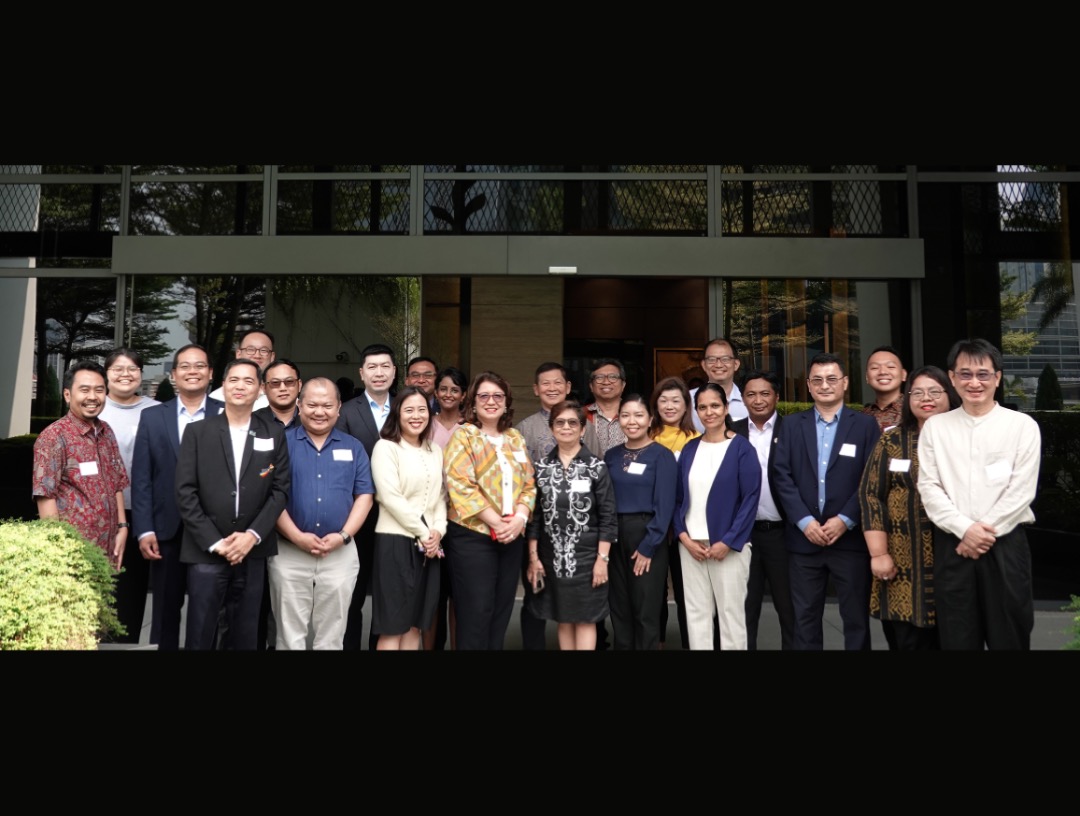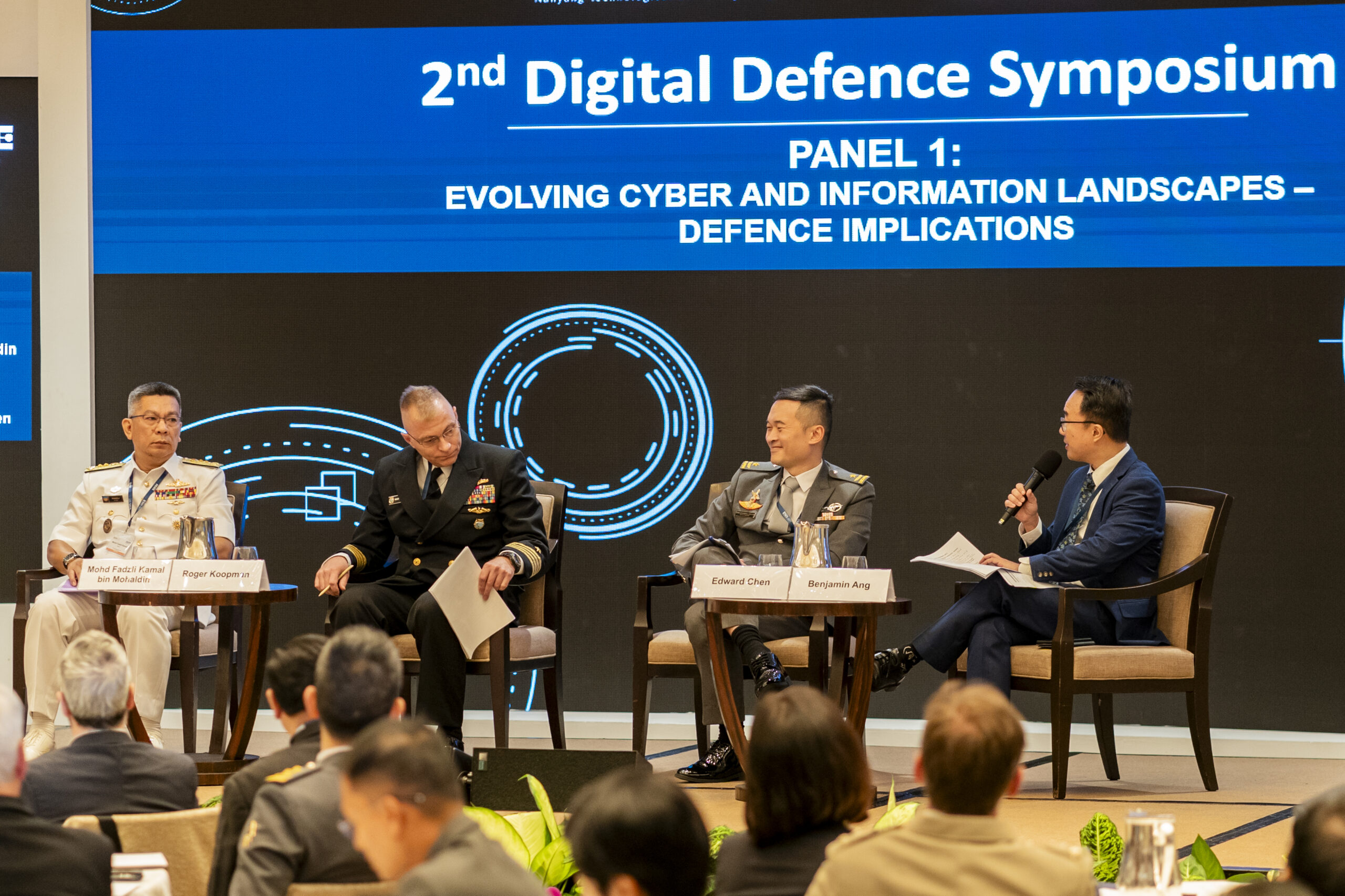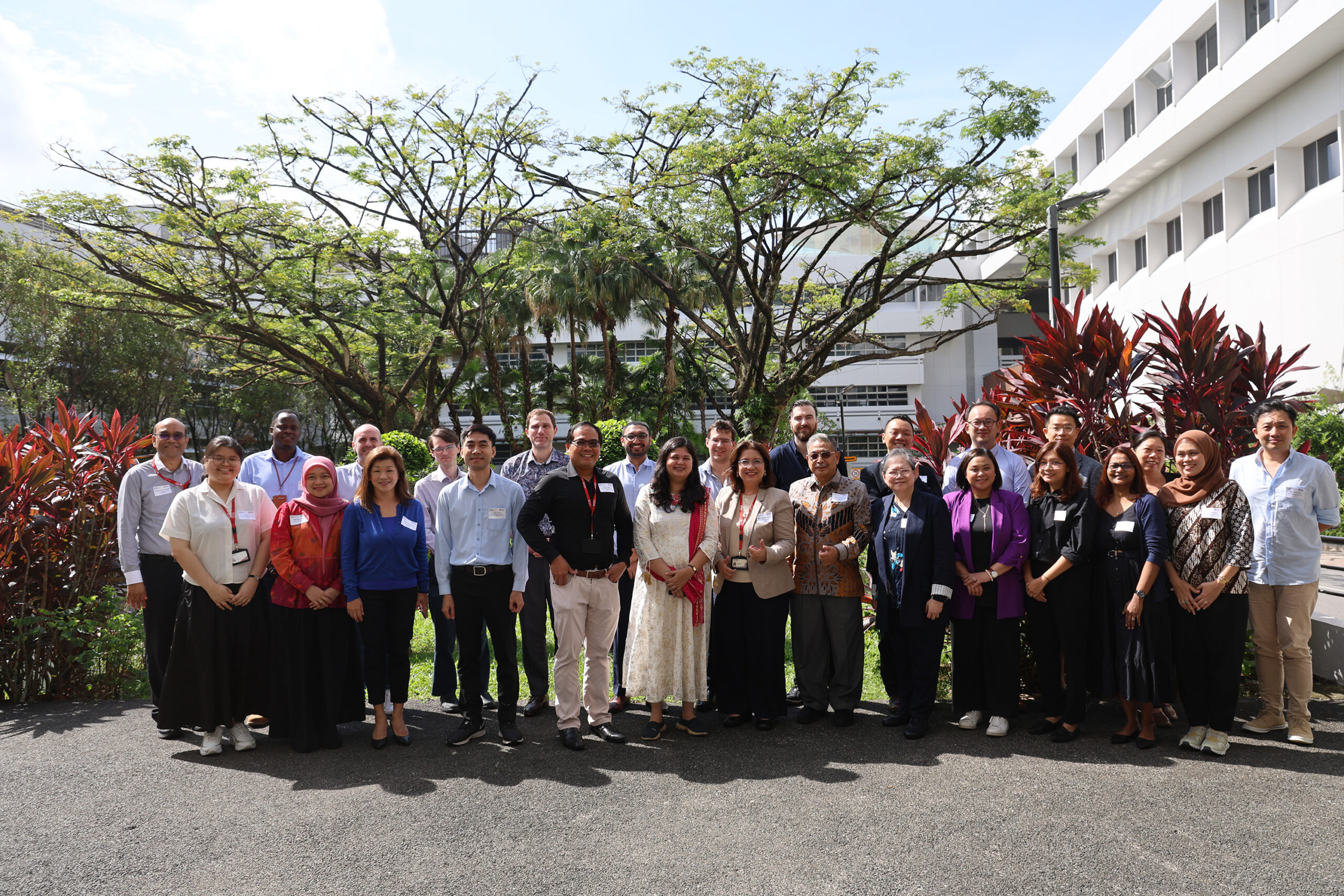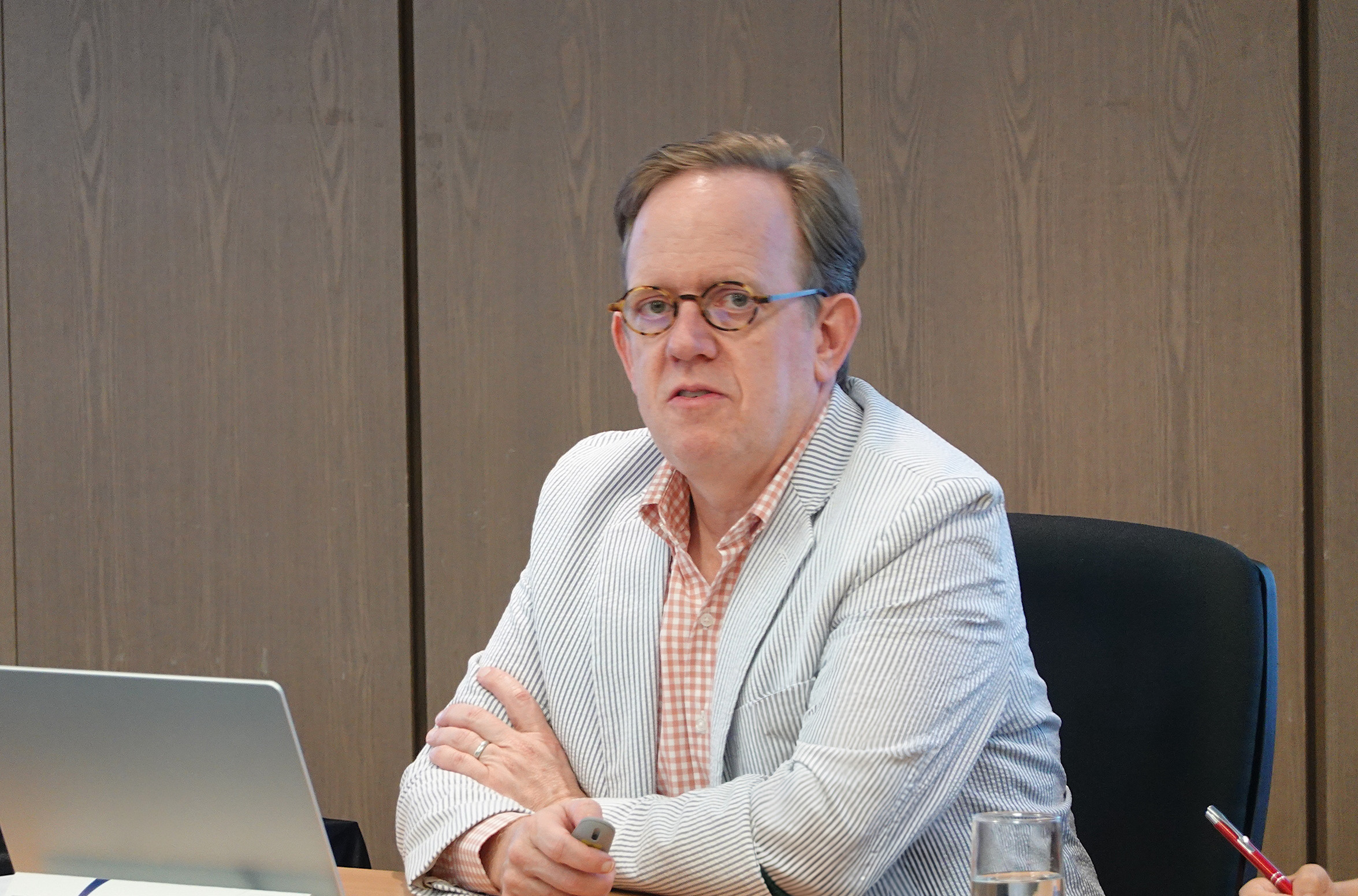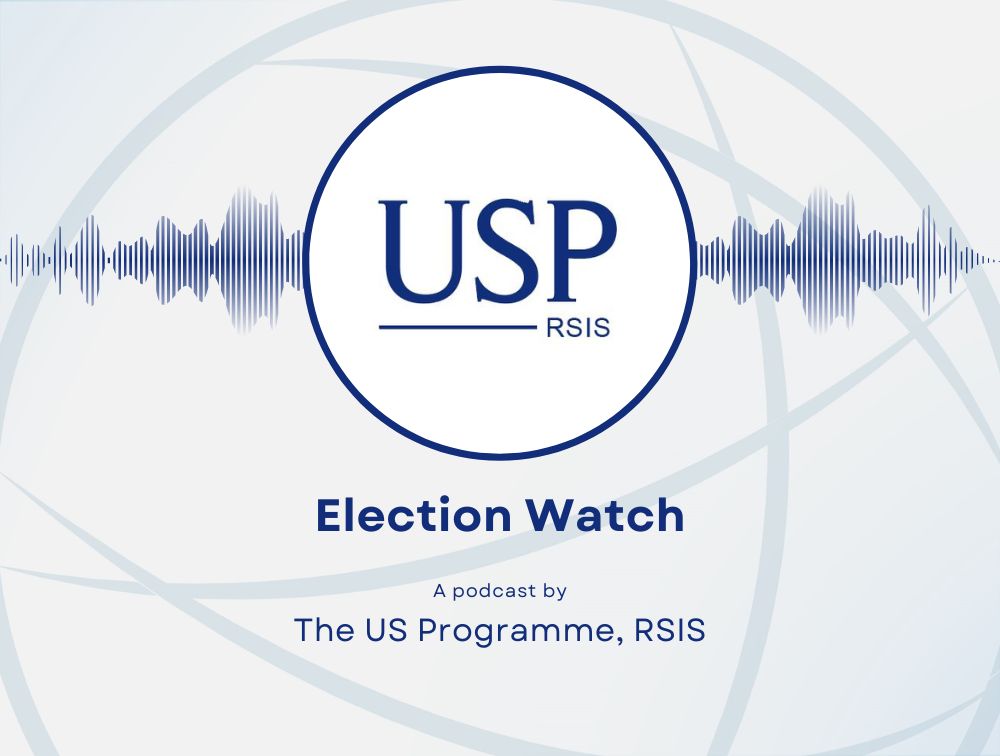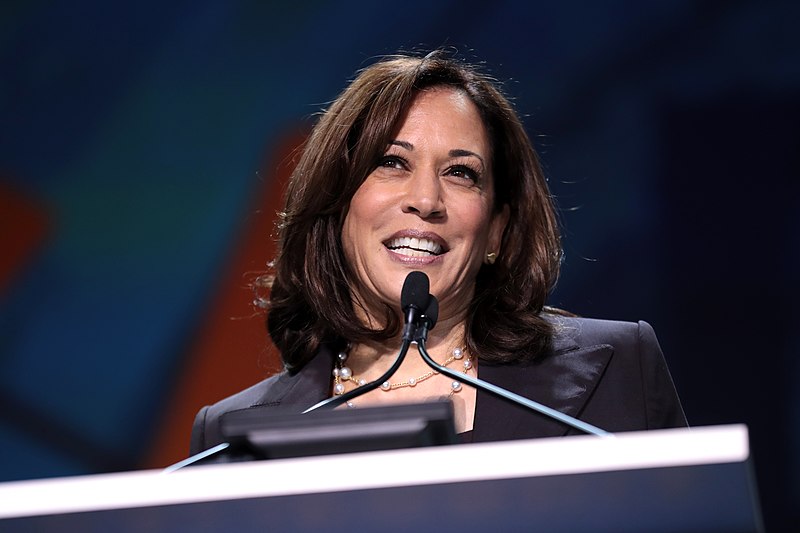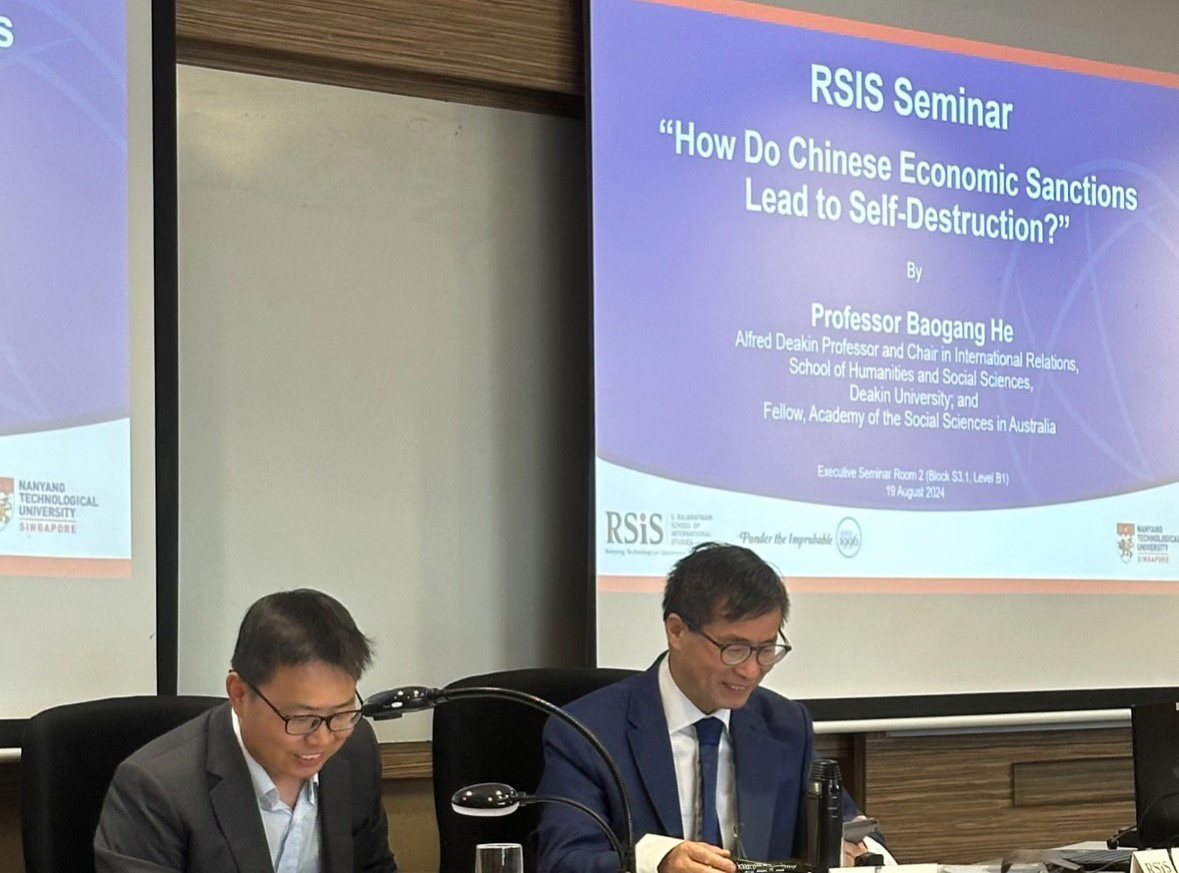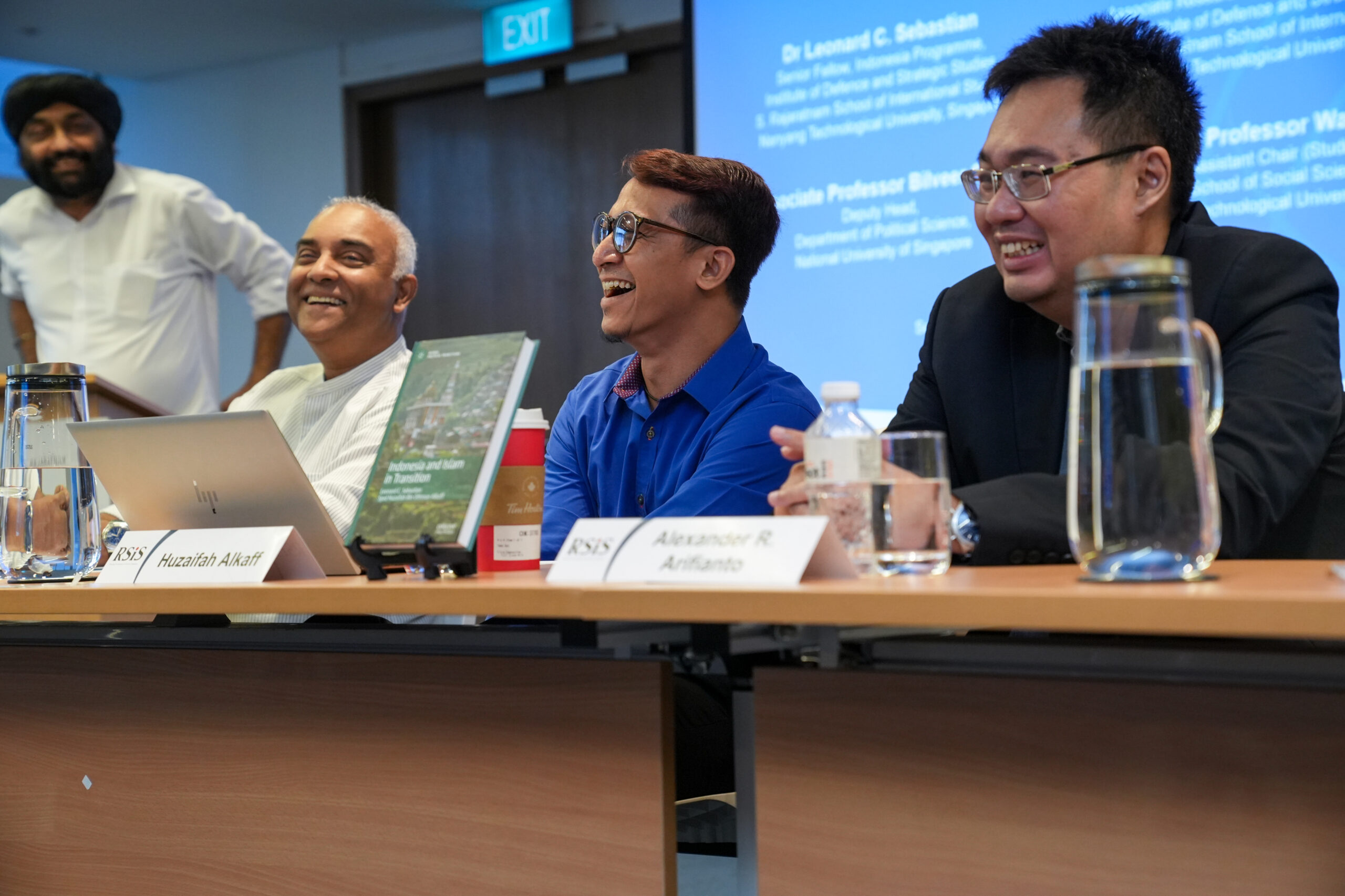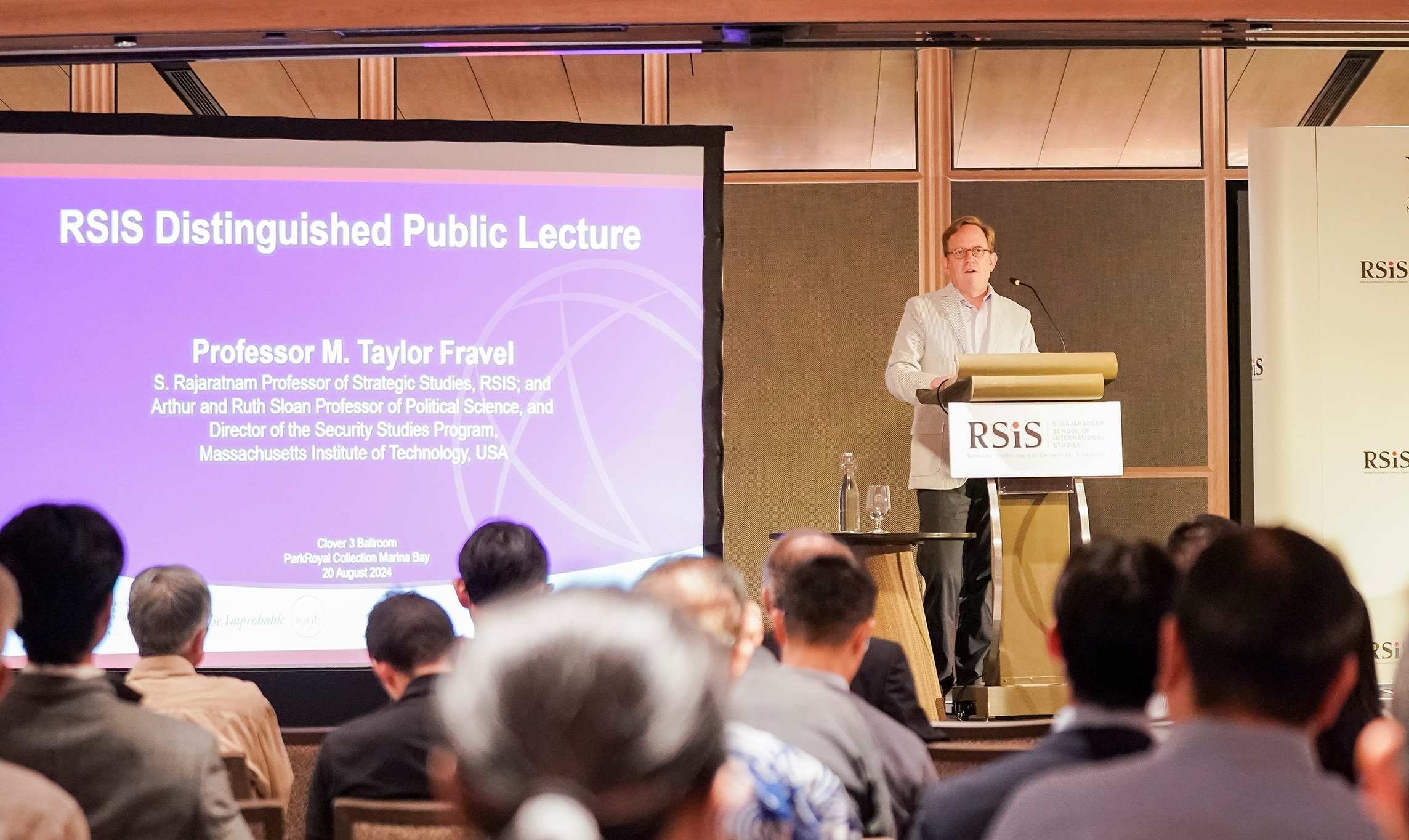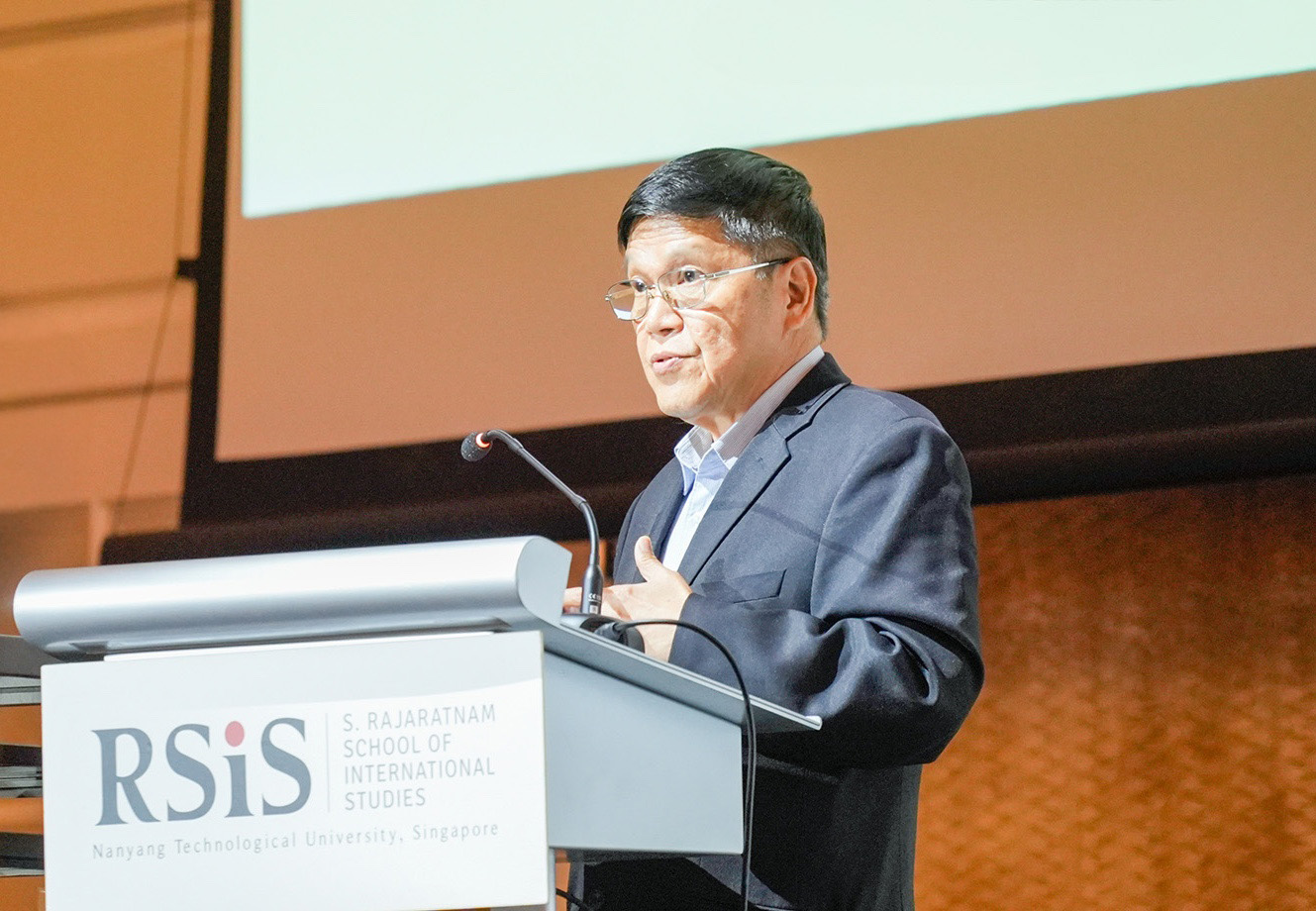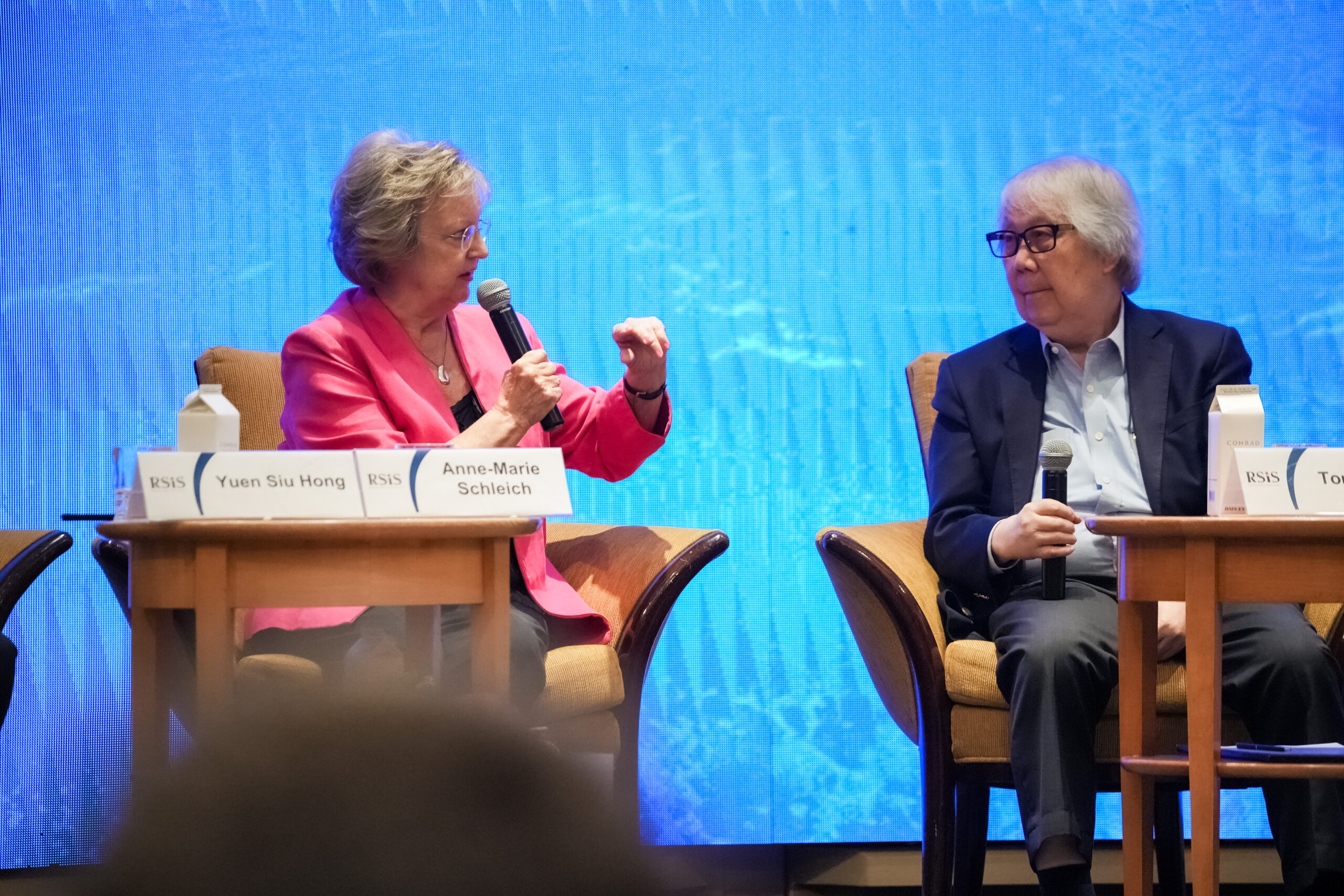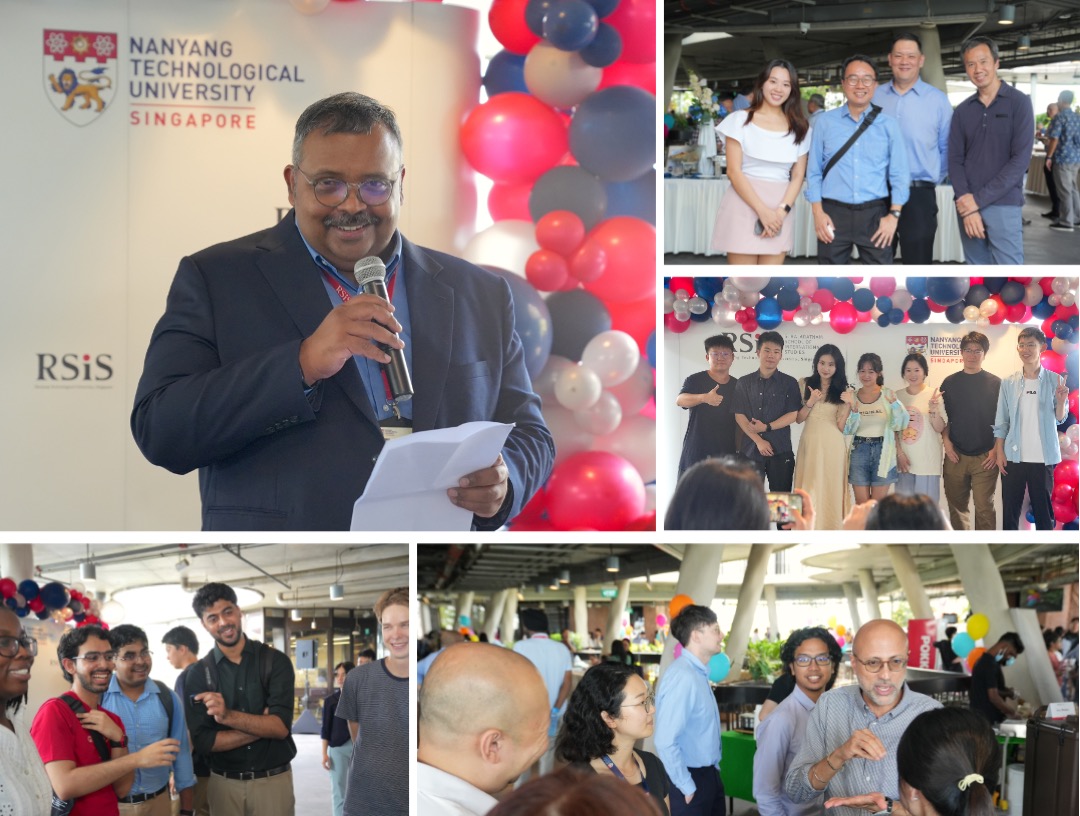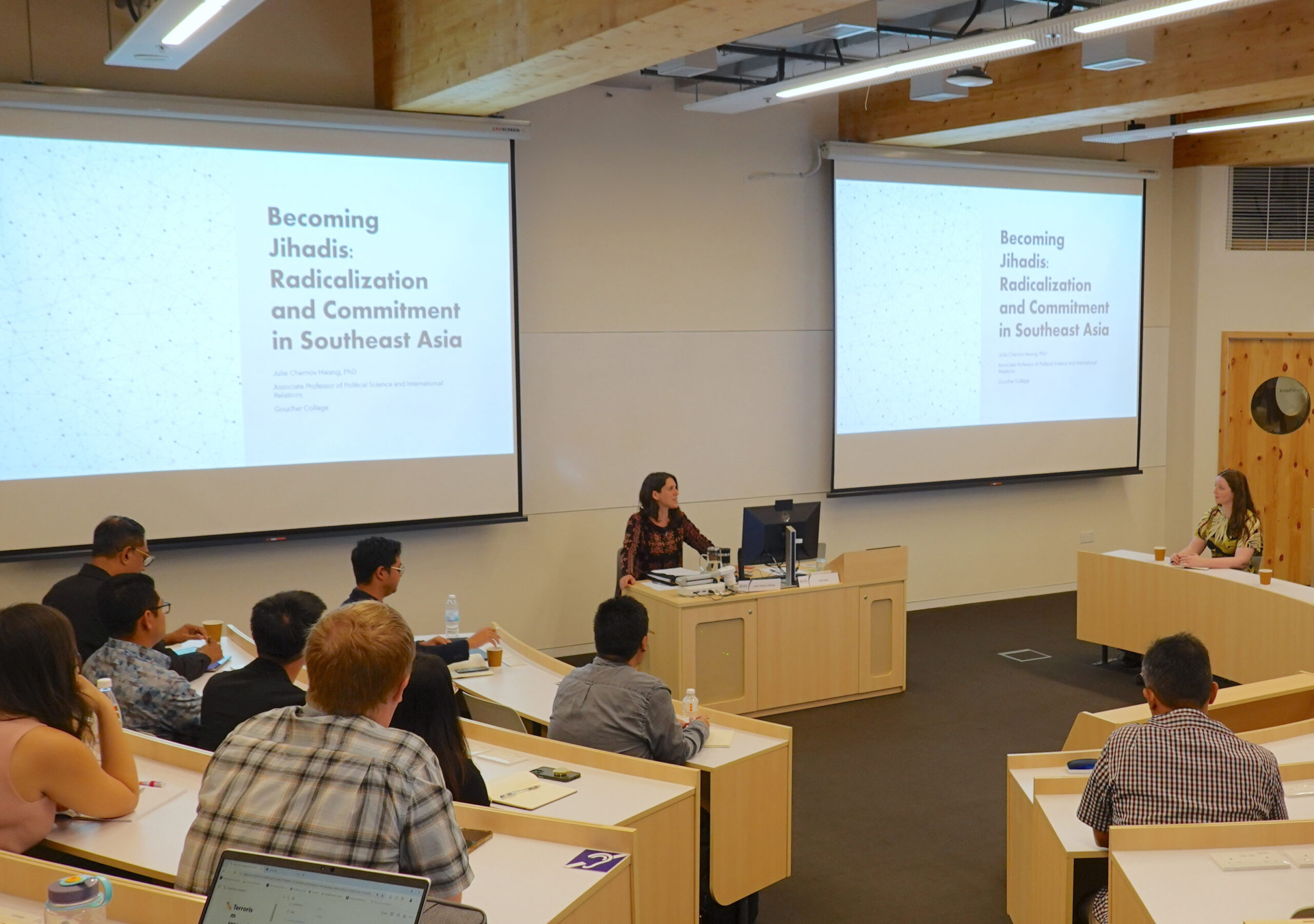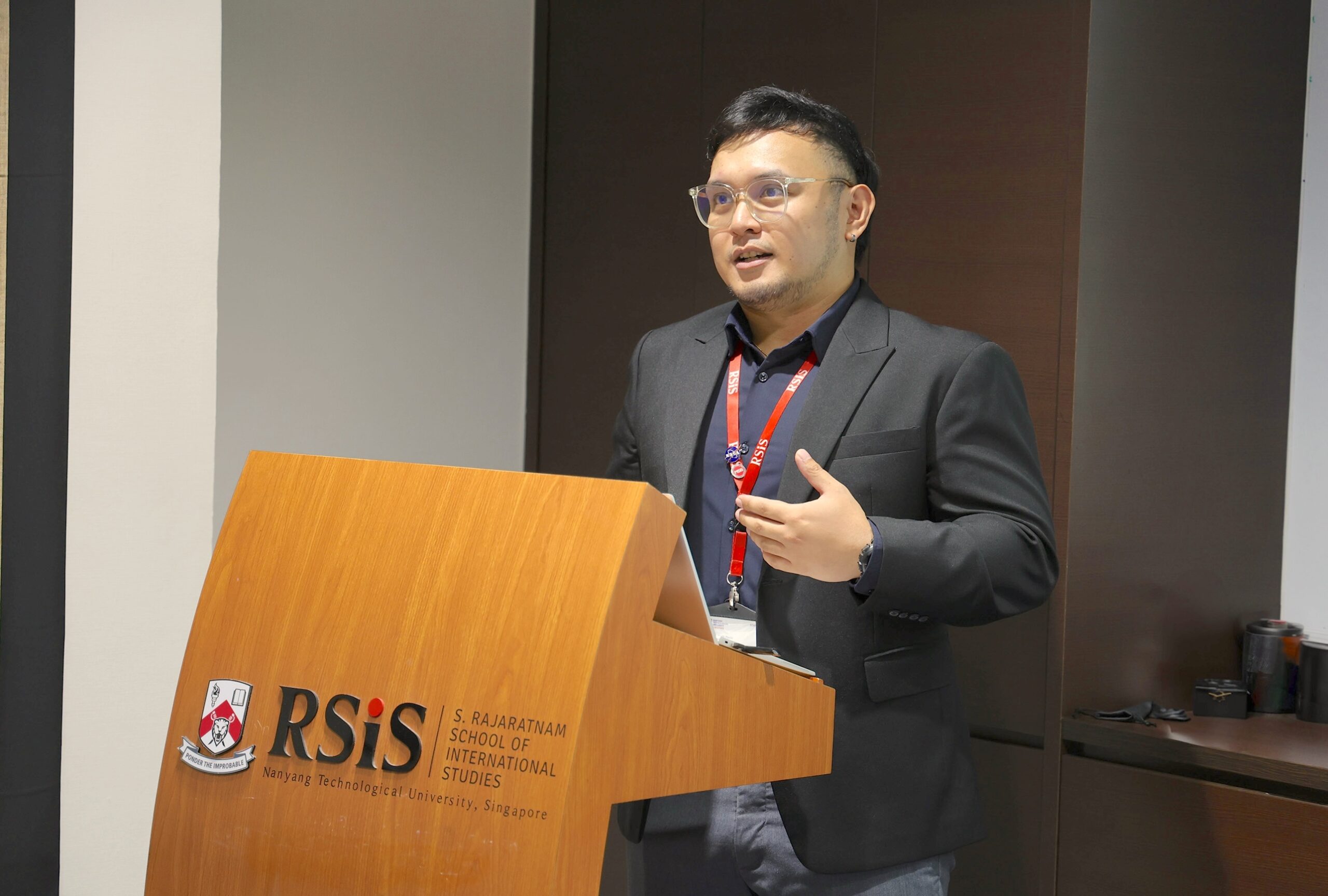
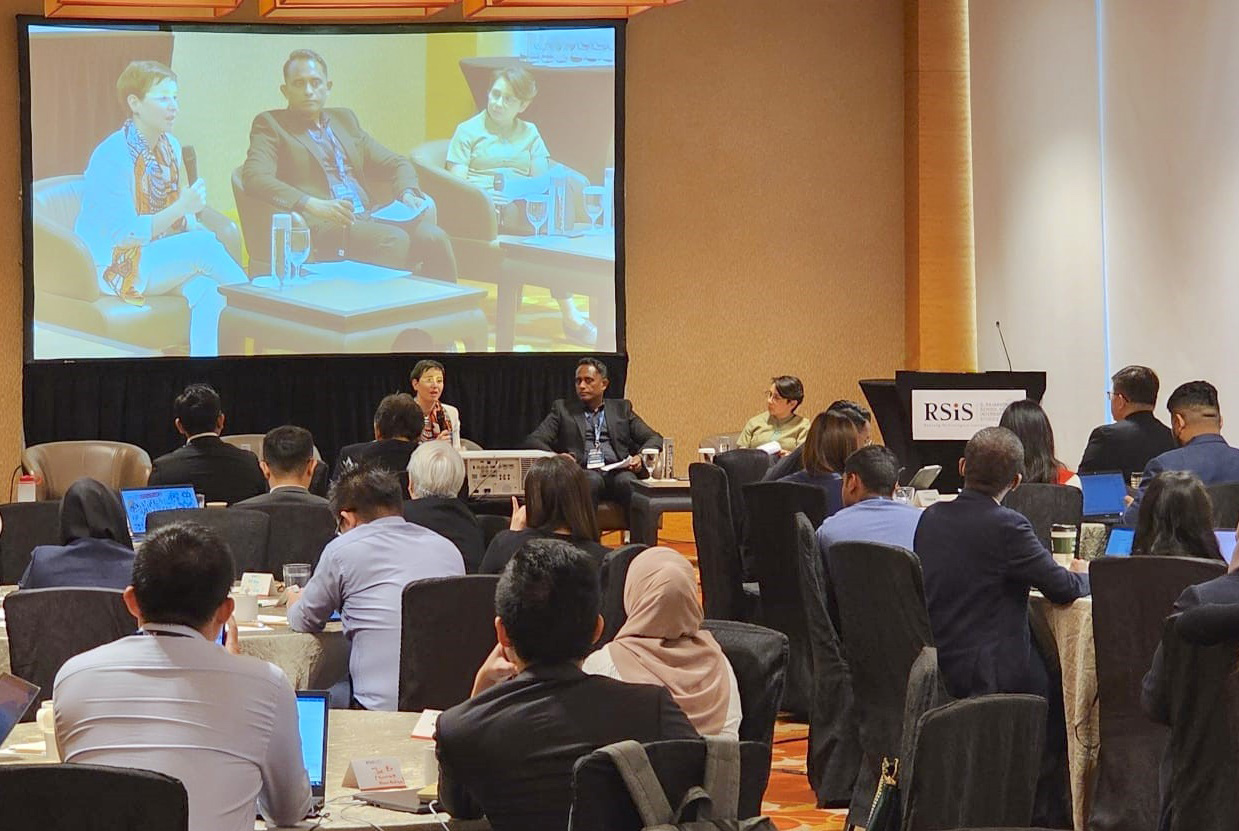
The Studies in Inter-Religious Relations in Plural Societies (SRP) Programme held the ninth iteration of its Executive Programme (EP) on 16 and 17 July 2024. Titled “Words that Wound: Encountering & Combating Religious Intolerance,” this year’s theme relates to the spread of hate speech, misinformation, and disinformation – all of which could undermine interreligious relations and social cohesion in Singapore. Around fifty participants, ranging from policymakers and civil servants to community and religious leaders, attended.
Mr Mohamed Nassir, Head of SRP, and Senior Fellow, Dr Mohamed Ali, commenced the EP with their respective opening remarks. Mr Abdul-Rehman Malik, Associate Research Scholar & Lecturer from Yale Divinity School, who was also the EP facilitator for this year, kicked-off Day 1 of the programme with a short introductory networking session for participants.
Three lectures revolving around this year’s theme then followed suit. The first was by SRP’s Associate Professor, Dr Paul Hedges, who explored how religious literature, broadly speaking, can foster intolerance, especially online. To help avoid such polarising, if not hurtful, religious interpretations, he advocated for a contextual reading of texts and traditions.
The second lecture was on visual media and affective incitement. Dr Carl Jon Way Ng, Senior Lecturer from the School of Humanities & Behavioural Sciences, Singapore University of Social Sciences (SUSS), looked beyond words to explore how visual media can engender sentiments and affect in society. He demonstrated how concrete and symbolic properties of images can subtly but potently shape perceptions, attitudes, and affective orientations.
Lastly, Senior Associate Fellow Dr Gulizar Haciyakupoglu, from RSIS’ Centre of Excellence for National Security (CENS), covered disinformation campaigns within the broader spectrum of online threats, providing participants an overview of, and insights on, the changing threat landscape of mis/disinformation.
The last lecture was followed by a panel made up of industry experts from Meta, namely, Dr Nawab Osman, Head of Counter-Terrorism & Dangerous Organisations, APAC; Alice Budisatrijo, Head of Misinformation Policy, APAC; both of whom were joined by Dr Haciyakupoglu. The panel discussed the different strategies social media and technology firms adopt to counter mis/disinformation and hateful content.
The following panel involved interfaith advocates. Moderated by Abdul-Rehman Malik, it had Nazhath Faheema, founder of hash.peace; Dr Lee Foong Ming, Assistant Professor at Buddhist College Singapore; Shukul Raaj Kumar, chairperson of the IRO Youth Committee; and Gerald Kong, Executive Secretary of the Archdiocesan Interreligious Dialogue and Ecumenism Centre of Singapore. The panel had a rich discussion about the experiences encountered, and responses they adopted in online spaces, where hate speech and mis/disinformation are not uncommon occurrences.
Day 2 consisted of a full-day interactive workshop on storytelling as a way of building bridges and uniting people. Facilitated by Abdul-Rehman, this story-telling approach adopts the Public Narrative framework. Here, participants explored practical ways to make stories stick, narratives resonant, and their communication impactful.
Through this year’s EP, participants not only got to be more aware of the ways in which religious intolerance and hate fester online, but learn new and effective ways to combat them, especially through the Public Narrative approach. All in all, these help participants, regardless of background and space where they operate, as they work to make a more inclusive and cohesive plural society.






